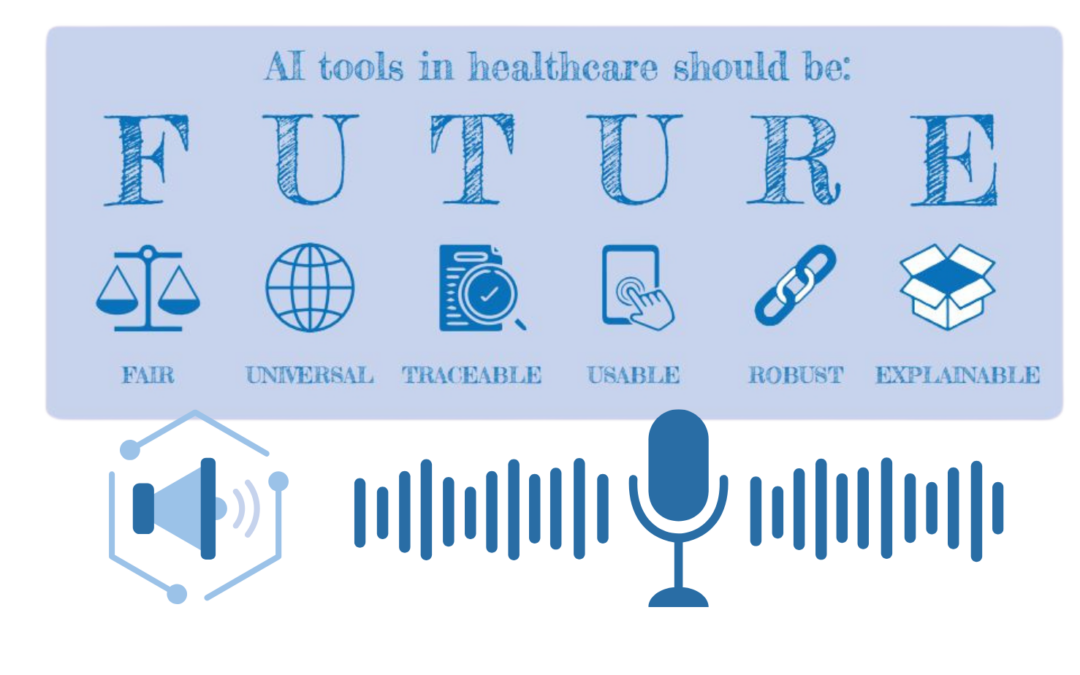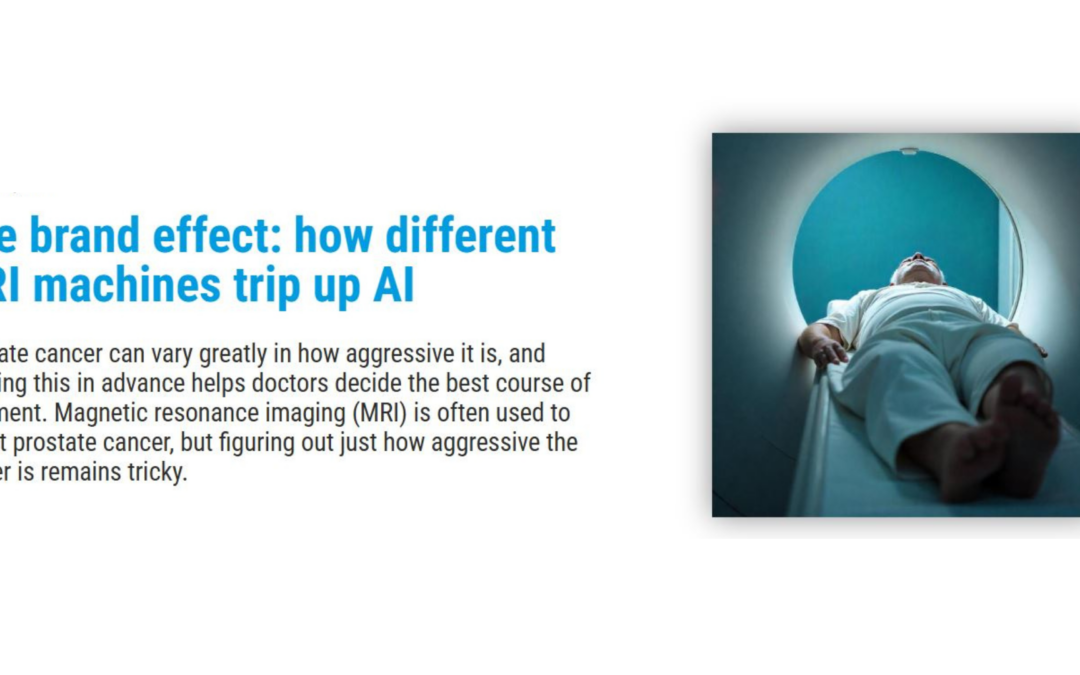PI-CAI (Prostate Imaging: Cancer AI) is an all-new grand challenge organised by various organizations and the Radboud University. The top 5 prostate-AI teams will be invited to join the PI-CAI consortium, and they will be listed as consortium authors on an upcoming high-impact journal paper summarizing the findings of this challenge and receive the following cash prizes as per their ranking!
Diagnosing Prostate Cancer is Difficult
Prostate cancer (PCa) is one of the most prevalent cancers in men. One million men receive a diagnosis and 300,000 die from clinically significant PCa (csPCa) each year, worldwide. Multiparametric magnetic resonance imaging (mpMRI) is playing an increasingly important role in the early diagnosis of prostate cancer, and has been recommended by the European Association of Urology (EAU), prior to biopsies.
However, current guidelines for reading prostate mpMRI follow a semi-quantitative assessment, mandating substantial expertise for proper usage. Moreover, prostate cancer can exhibit a broad range of clinical behavior and highly heterogeneous morphology in MRI. As such, assessments are susceptible to low inter-reader agreement (<50%), sub-optimal interpretation and over diagnosis. Unlike the mpMRI protocol, biparametric MRI (bpMRI) does not include dynamic contrast-enhanced imaging —thereby reducing costs, eliminating any risk of adverse effects from the use of contrast agents, and shortening examination times. Thus, despite providing less diagnostic information than mpMRI), bpMRI is more suitable within the scope of high-volume, population-based screening.
The PI-CAI Challenge
PI-CAI (Prostate Imaging: Cancer AI) is an all-new grand challenge, with over 10,000 carefully-curated prostate MRI exams to validate modern AI algorithms and estimate radiologists’ performance at csPCa detection and diagnosis. Key aspects of the study design have been established in conjunction with an international, multidisciplinary scientific advisory board (16 experts in prostate AI, radiology and urology) —to unify and standardize present-day guidelines, and to ensure meaningful validation of prostate-AI towards clinical translation. The 2022 edition of PI-CAI will focus on validating AI at automated 3D detection and diagnosis of csPCa in bpMRI.
In the end, PI-CAI aims to benchmark state-of-the-art AI algorithms developed in the grand challenge, against prostate radiologists participating in the reader study —to evaluate the clinical viability of modern prostate-AI solutions at csPCa detection and diagnosis in MRI.
Prizes
Top 5 prostate-AI teams will be invited to join the PI-CAI consortium. They will be listed as consortium authors on an upcoming high-impact journal paper summarizing the findings of this challenge. Furthermore, they will receive the following cash prizes as per their ranking:
🥇1st place: €1000
🥈2nd place: €500
🥉3rd place: €250
🏵️4th place: €150
🏵️5th place: €100
For more details, check out the website here: https://pi-cai.grand-challenge.org/





